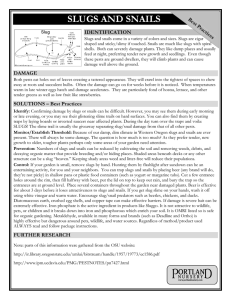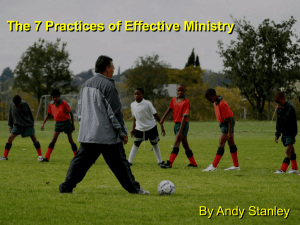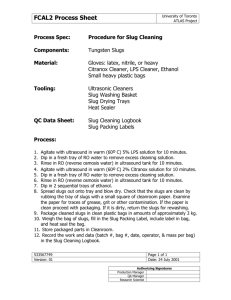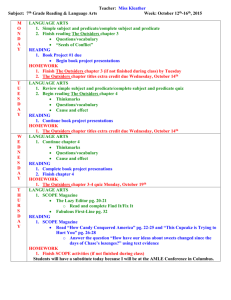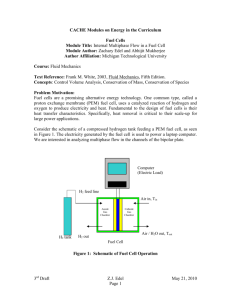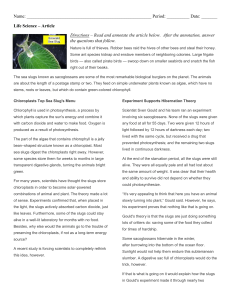Research Paper Instructions - Scarsdale Union Free School District
advertisement
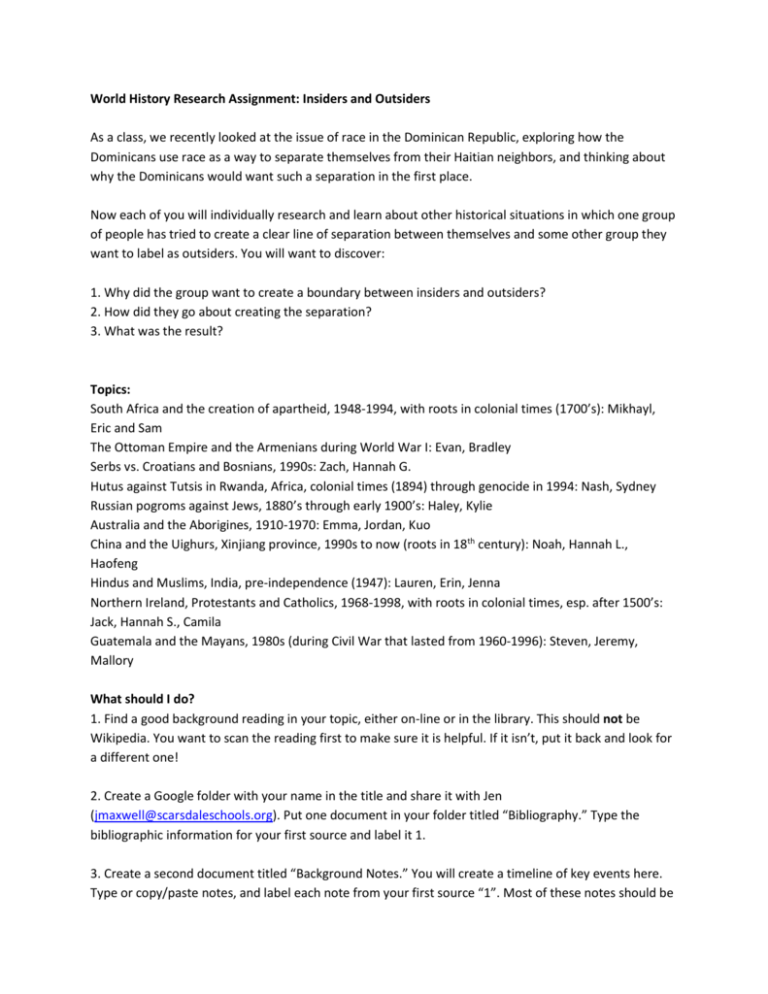
World History Research Assignment: Insiders and Outsiders As a class, we recently looked at the issue of race in the Dominican Republic, exploring how the Dominicans use race as a way to separate themselves from their Haitian neighbors, and thinking about why the Dominicans would want such a separation in the first place. Now each of you will individually research and learn about other historical situations in which one group of people has tried to create a clear line of separation between themselves and some other group they want to label as outsiders. You will want to discover: 1. Why did the group want to create a boundary between insiders and outsiders? 2. How did they go about creating the separation? 3. What was the result? Topics: South Africa and the creation of apartheid, 1948-1994, with roots in colonial times (1700’s): Mikhayl, Eric and Sam The Ottoman Empire and the Armenians during World War I: Evan, Bradley Serbs vs. Croatians and Bosnians, 1990s: Zach, Hannah G. Hutus against Tutsis in Rwanda, Africa, colonial times (1894) through genocide in 1994: Nash, Sydney Russian pogroms against Jews, 1880’s through early 1900’s: Haley, Kylie Australia and the Aborigines, 1910-1970: Emma, Jordan, Kuo China and the Uighurs, Xinjiang province, 1990s to now (roots in 18th century): Noah, Hannah L., Haofeng Hindus and Muslims, India, pre-independence (1947): Lauren, Erin, Jenna Northern Ireland, Protestants and Catholics, 1968-1998, with roots in colonial times, esp. after 1500’s: Jack, Hannah S., Camila Guatemala and the Mayans, 1980s (during Civil War that lasted from 1960-1996): Steven, Jeremy, Mallory What should I do? 1. Find a good background reading in your topic, either on-line or in the library. This should not be Wikipedia. You want to scan the reading first to make sure it is helpful. If it isn’t, put it back and look for a different one! 2. Create a Google folder with your name in the title and share it with Jen (jmaxwell@scarsdaleschools.org). Put one document in your folder titled “Bibliography.” Type the bibliographic information for your first source and label it 1. 3. Create a second document titled “Background Notes.” You will create a timeline of key events here. Type or copy/paste notes, and label each note from your first source “1”. Most of these notes should be paraphrases, and make sure the notes are truly in your own words. If your notes are quotes, be sure to use quotation marks. If your source has page numbers, put the page number next to each note in parentheses. If any of the notes are primary source quotes, mark them with an asterisk. 4. When you finish your first source, find at least one more background source to add to your knowledge. Add the bibliography and label it “2”. Add notes, and label those “2” also! If necessary, find a third source. If you feel like you’ve got a solid understanding of basic events, move on to step five below. 5. Create a third Google doc and label it “Focus and Slugs.” Yes, that’s the right word. On this page, type a paragraph for yourself summarizing what you know and what you are thinking so far. Then, think of a focus question. This question should be something with no obvious answer, a question that you would explore through further research. It should not be a question you already know the answer to. Make a list of topics you need to know about in order to answer the question. Label each topic with a letter. These are your slugs! 6. Create a fourth Google doc and label it “Notes.” Now, continue your research with additional sources that go more deeply into the topic. Put notes on your “Notes” page, and remember to put each source in the bibliography, give each source a number, and then to label notes with source numbers. In addition, you will give these notes slug letters, based on the list you created. Feel free to add slugs if you need to. Also, it is fine to have only a few slugs, and fine to have a lot! You will need at least 10 primary source notes! Label these with an asterisk. You will probably need to note the context for primary source notes: who is speaking to whom and when? By the time notes are due, you should have at least 25 secondary notes and 10 primary notes. You need to have at least five different sources. At least four of these should be either books or sources from the library database. Due dates: Background notes should be finished by Monday, 11/23. All notes are due on Thursday December 3.

